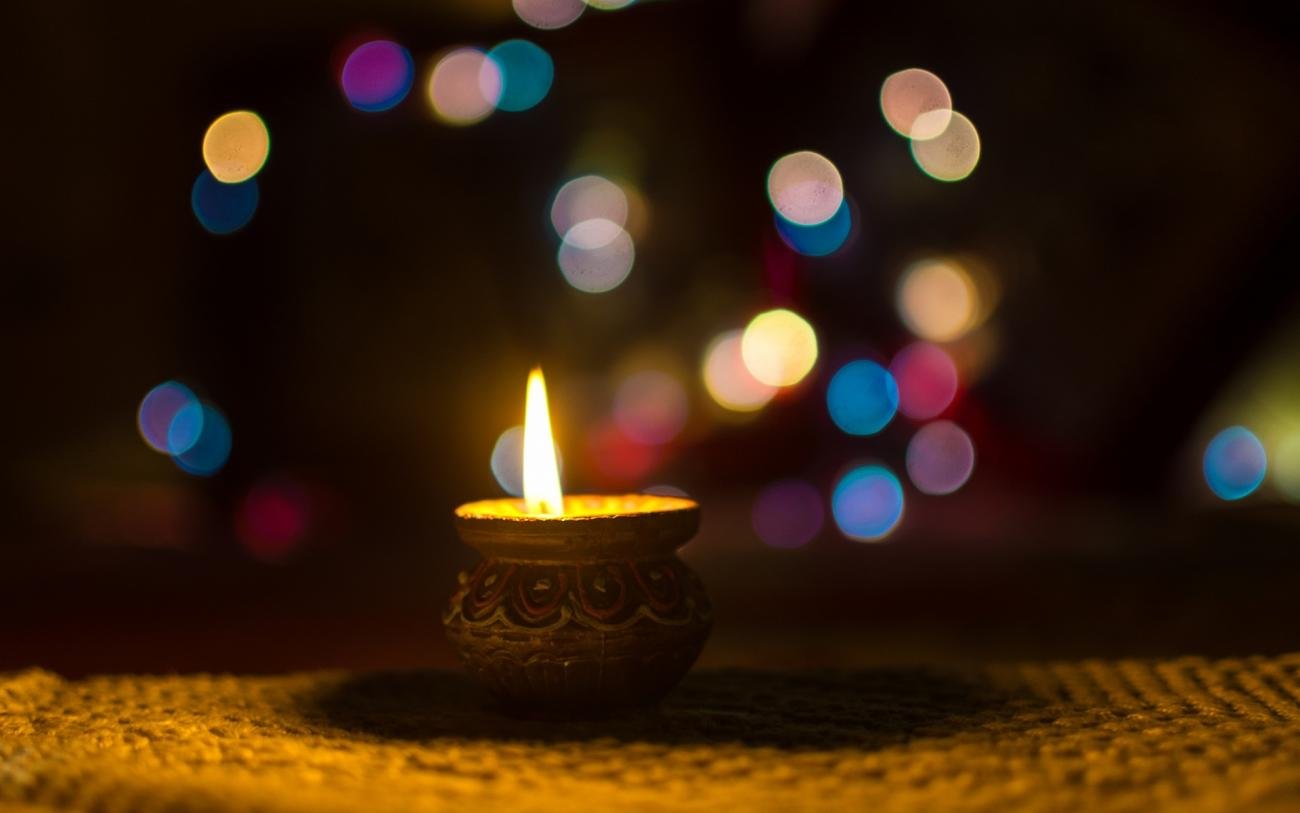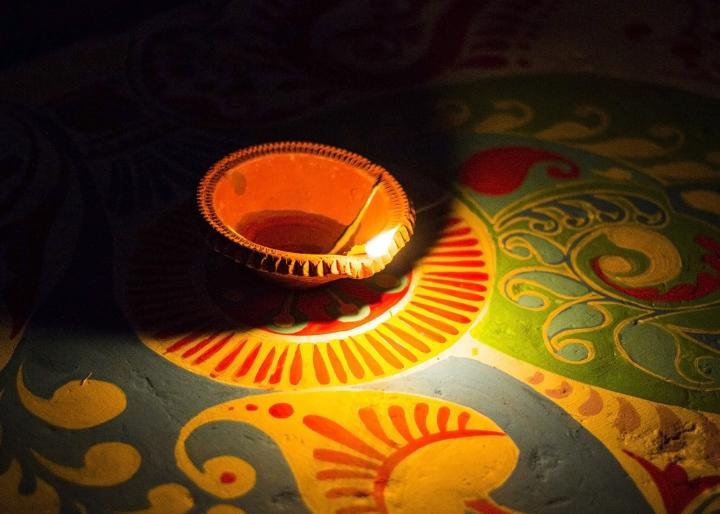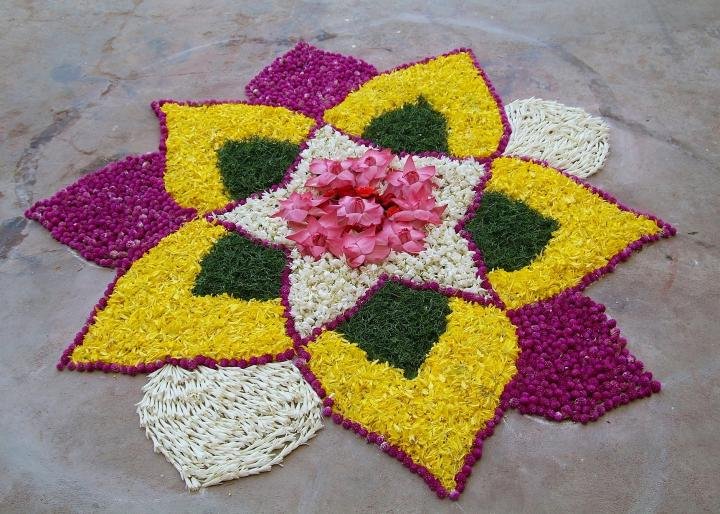What is Diwali?
Diwali is the Indian “festival of lights”—a holiday that celebrates the triumph of good over evil. This year, Diwali will be celebrated on October 24. Though technically religious, it’s also become a cultural event in North America that’s celebrated with sweets and special foods. Learn about Diwali, when it occurs, and common traditions!
What Is Diwali?
Diwali (also called Divali or Deepavali) is a “festival of lights” that celebrates the triumph of light over dark and good over evil, and the blessings of victory, freedom, and enlightenment. The name comes from Sanksrit dipavali, meaning “row of lights.” On the night of Diwali, celebrants light dozens of candles and clay lamps (called diyas), placing them throughout their homes and in the streets to light up the dark night.
In most of India, Diwali consists of a five-day celebration that peaks on the third day with the main celebration of Diwali. In other places where Diwali occurs, usually only the main day is celebrated.
A specially-made clay lamp, called a diya, lit for Diwali.
Who Celebrates Diwali?
Diwali is primarily celebrated by followers of the Hindu, Sikh, and Jain faiths. However, the holiday is celebrated throughout India, Singapore, and several other South Asian countries as a national holiday, meaning that people outside these religions may participate in Diwali celebrations, too. Hindu, Sikh, and Jain communities in the United Kingdom, United States, Australia, and elsewhere around the globe also regularly celebrate Diwali.
When Is Diwali?
Diwali occurs annually in autumn (or spring, in the southern hemisphere), during the Hindu month of Kartik. (To put it in Western terms, Kartik begins around mid-October and ends in mid-November.) Specifically, Diwali occurs on the darkest day of the lunar month, which is the day of the new Moon.
Diwali Dates
Year Date of Diwali
2022 Monday, October 24
2023 Sunday, November 12
2024 Friday, November 1
2025 Monday, October 20
Diwali Traditions and Customs
Because Diwali is celebrated by so many people worldwide, traditions are diverse, though there are a few common themes, including the lighting of candles and the gathering of families.
The main celebration of Diwali takes place on the day of the new Moon, when the sky is at its darkest, so a big part of the celebration revolves around light. Candles, clay lamps, and oil lanterns are lit and placed throughout the home, in the streets, in areas of worship, and floated on lakes and rivers. Fireworks are also set off on the night of Diwali—said by some to ward off evil spirits.
Another central theme of Diwali is family. Wearing their best new clothes, families gather together to eat sweets and other special foods, light diyas (decorative oil lamps), and pray for their ancestors. Businesses are generally closed (or close early) on Diwali to allow workers to celebrate with their families, too.
Coconut ladoos
Diwali in India
In much of India, Diwali consists of five days of celebrations rather than just one.
On the first day, Indians clean their homes and create intricate rangoli—designs made of colored rice, sand, or flowers created on the floor of the home.
A rangoli made of flowers.
The second day is spent preparing or buying special food (especially sweets, called mithai), as well as praying for the spirits of ancestors in the afterlife.
On the third day—the main day of Diwali—families gather and celebrate by lighting lanterns and candles in their homes and in the streets, and by shooting off fireworks! (In southern India, the second day is the main day of celebration, rather the third.)
Traditions of the fourth day vary, but a common theme is the bond between husband and wife, so husbands will often buy their spouses gifts to celebrate.
The fifth day focuses on the bond between siblings, specifically between brother and sister.
Happy Diwali!





